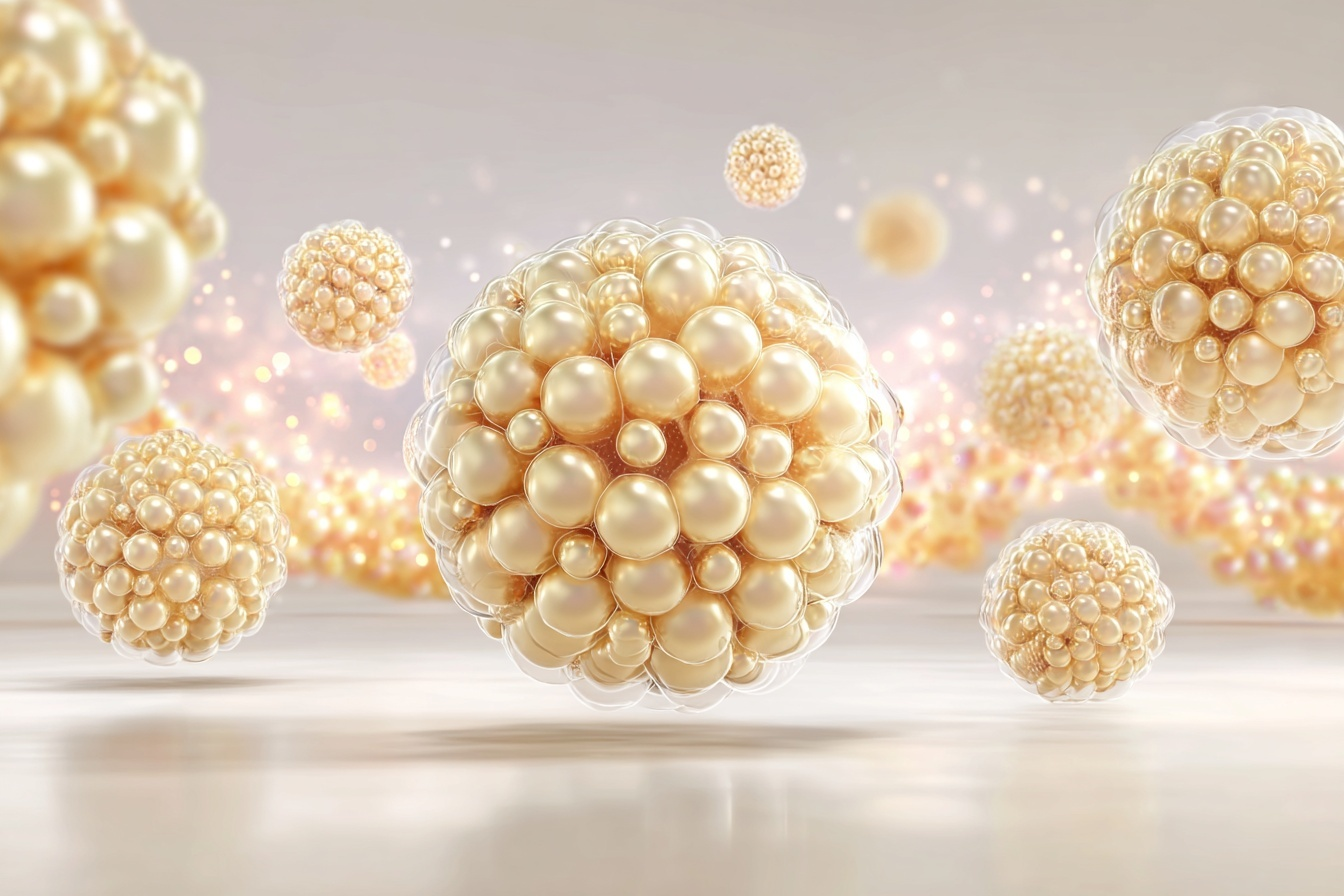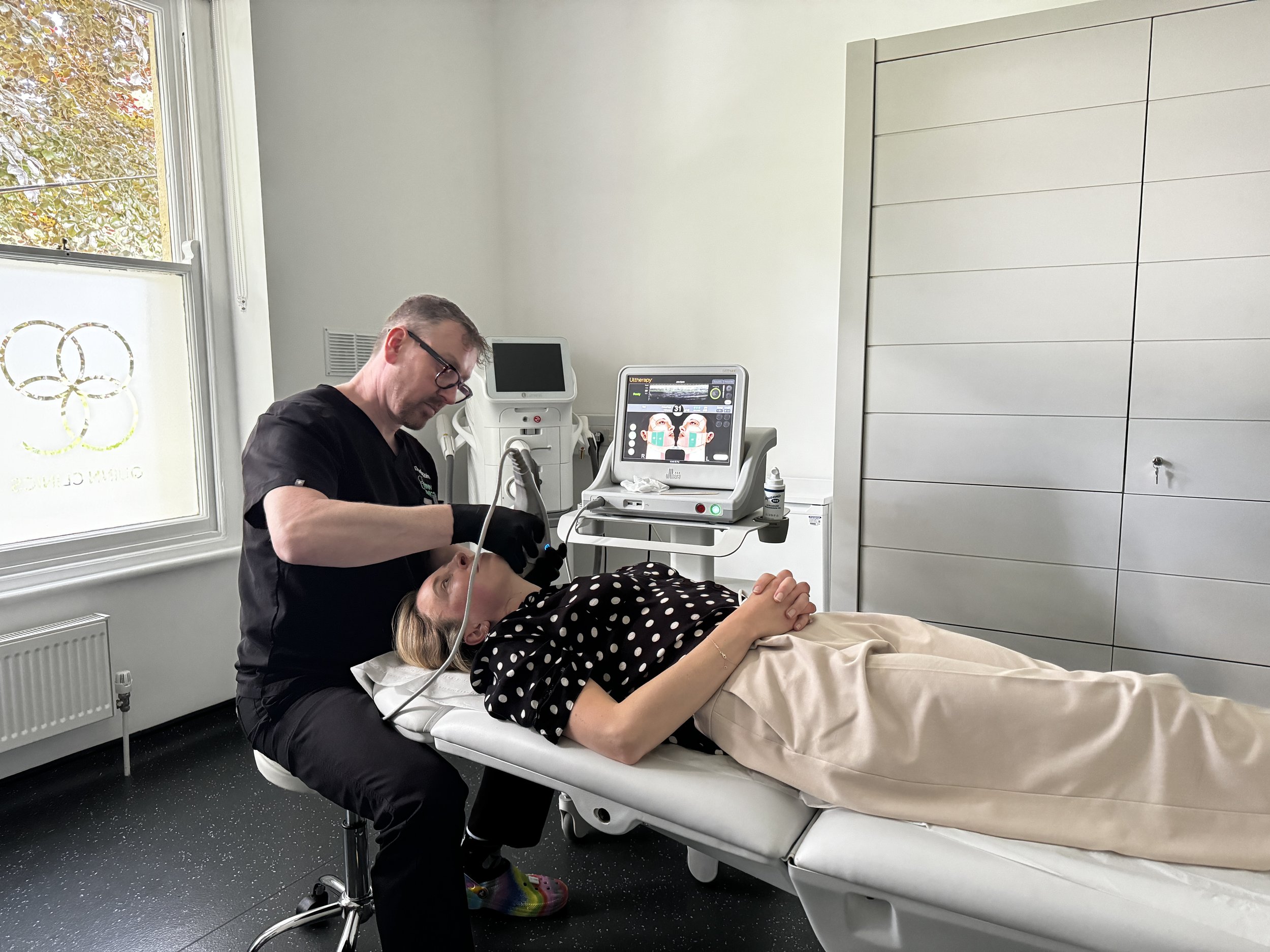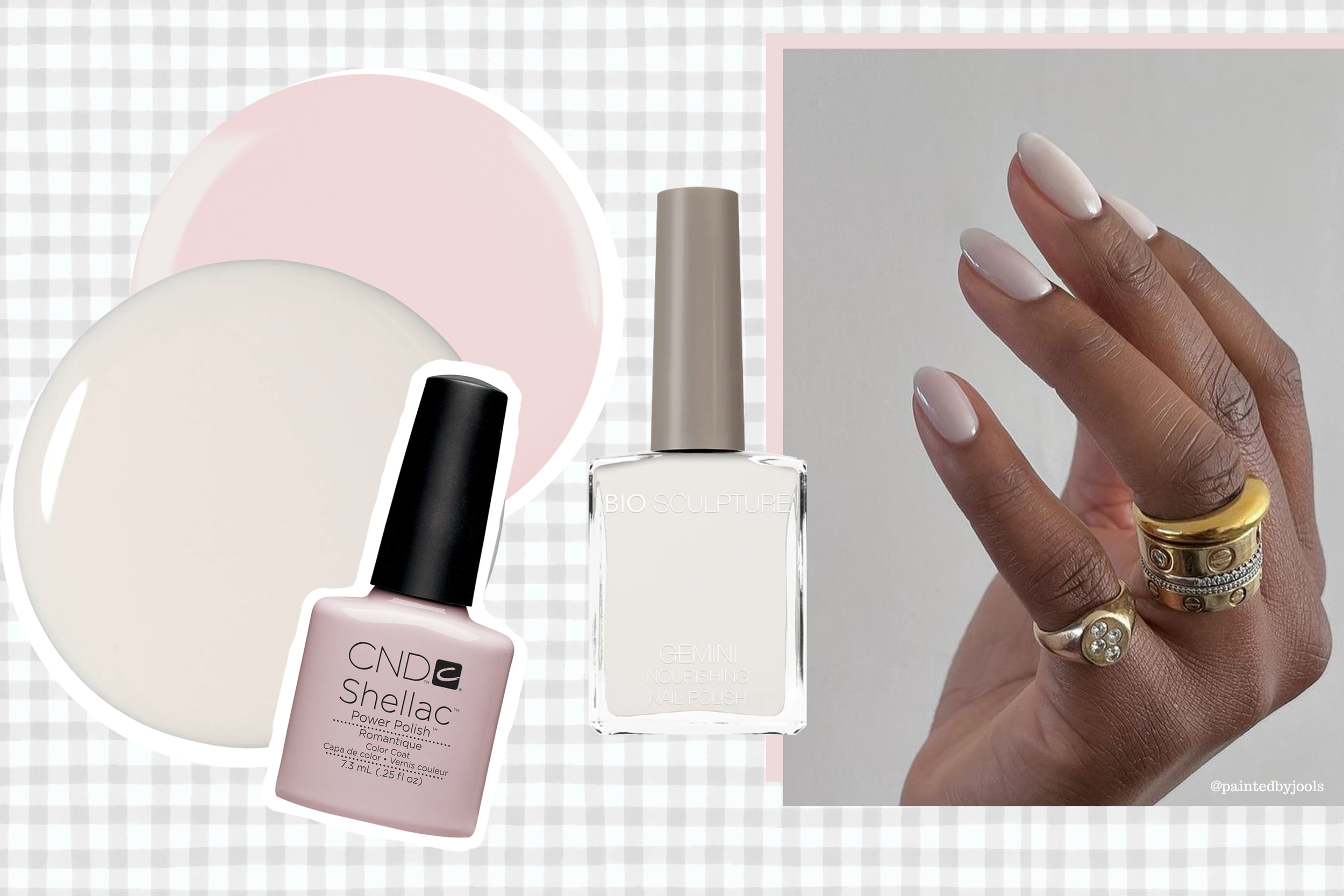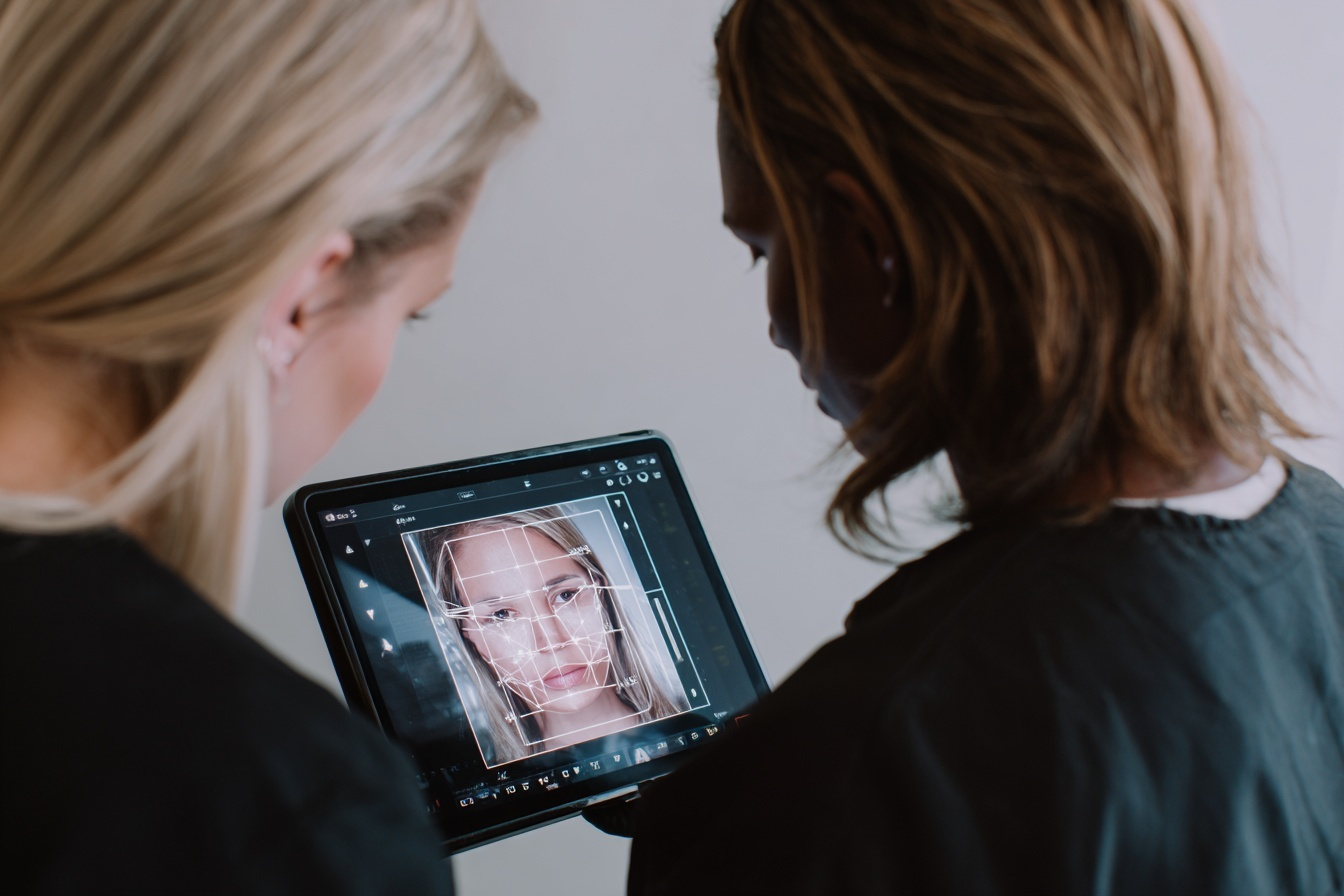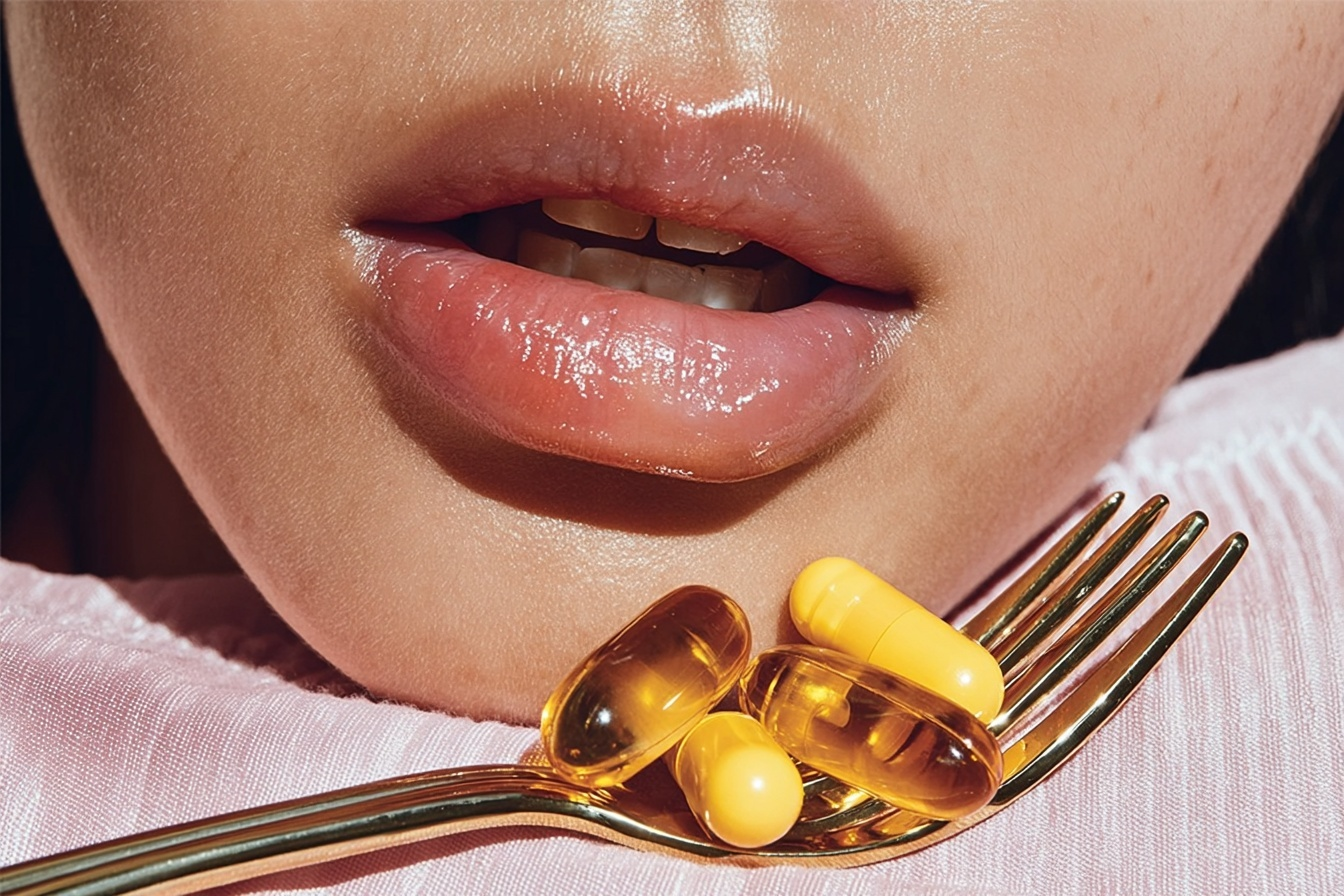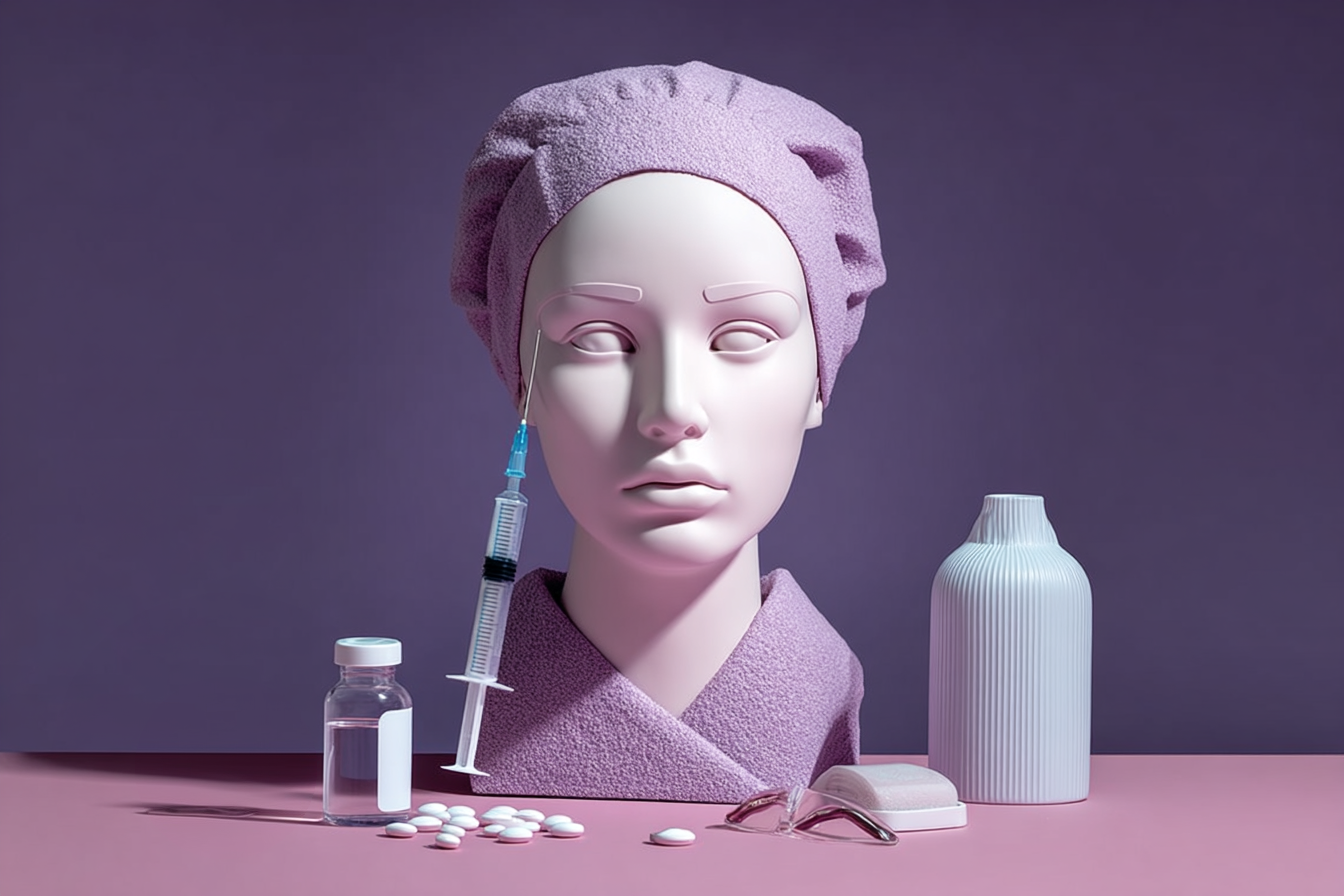Investigation Reveals Illegal Human-Derived Exosomes Used in Clinics
A 5 News undercover investigation has found beauty clinics across the UK offering microneedling facials that use exosomes harvested from human tissue, despite UK rules that prohibit human-derived material in cosmetics. In the report, some clinics acknowledged using products sourced from umbilical cord blood or liposuction fat.
5 News presenter Natalia Jorquera contacted high-street providers selling “exosome facials” and found roughly 1 in 5 clinics were using products that investigators identified as human-derived. Exosomes are biological packages that can carry proteins, lipids and genetic material, and their similarity in size and properties to some viruses makes complete separation difficult, thereby increasing disease-transmission risks from human donor material used in beauty settings.
Human stem cells are immature cells capable of self-renewal and differentiation into multiple cell types. In skin care, consumer brands have marketed “conditioned media” or growth-factor blends made by culturing human cells and harvesting the proteins, exosomes and signalling molecules they secrete. Examples in the global market include SkinMedica’s TNS line, which the company describes as fibroblast-derived and containing exosomes and growth factors, and AnteAGE, whose FAQs state its formulas use human bone-marrow stem cell conditioned media rather than live cells. Some manufacturers now sell UK-compliant alternatives alongside earlier human-derived lines; this article addresses the human-derived products, which are not permitted in UK cosmetics. Such products illustrate the technologies beauty brands have promoted internationally. However, the regulatory status varies by country, and UK authorities have made clear that cosmetics containing human-derived exosomes are not allowed for cosmetic procedures.
Scientists caution that any human-derived biologic carries theoretical risks, including pathogen transmission, if sourcing, screening or purification are inadequate. Exosomes are nanoscale vesicles that can co-purify with viruses. The FDA in the United States has separately warned consumers about unapproved stem-cell and exosome products being marketed for skin and other uses.
UK clinics and brands can use non-human alternatives, such as plant-derived extracellular vesicles or “exosome-inspired” formulations that do not contain human material. Plant-sourced vesicles are legal as cosmetic ingredients, whereas human biological products are not. Clinicians should verify sourcing, request certificates of analysis, and ensure there is a UK Responsible Person listed for any cosmetic used in clinic. These steps help distinguish legal, cosmetic-grade products from prohibited or medicinal-grade biologics that would require MHRA authorisation.
Exosome facials that use material from human donors fall outside what UK cosmetic law permits. Clinics should audit product sourcing in writing, keep technical files from suppliers, and remove any human-derived exosome products from cosmetic menus. Consumers should ask what the exosomes are derived from, request documentation, and avoid treatments if the source is human or if proof of compliance is lacking. The safest route is to opt for legal alternatives that do not rely on human tissue.

